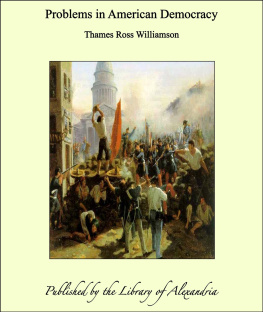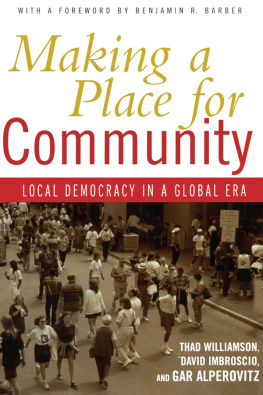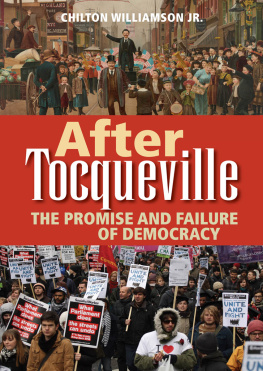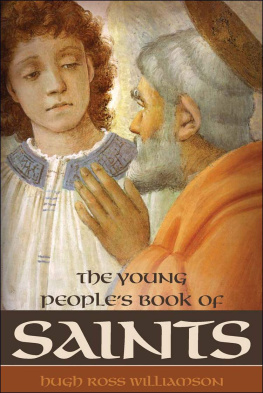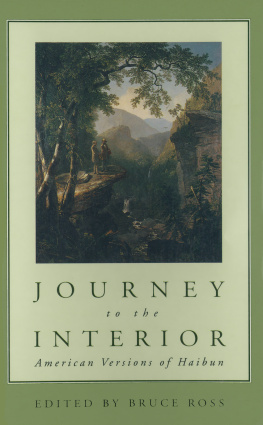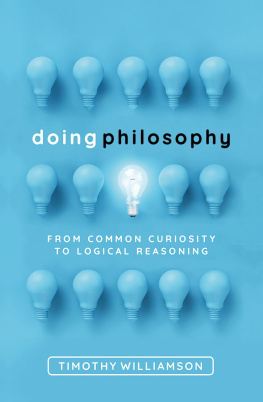Title: Problems in American Democracy
Author: Thames Ross Williamson
Release Date: September, 2004 [EBook #6460] [Yes, we are more than one year ahead of schedule] [This file was first posted on December 16, 2002]
Edition: 10
Language: English
PROBLEMS IN AMERICAN DEMOCRACY
BY
THAMES ROSS WILLIAMSON
ASSISTANT PROFESSOR OF ECONOMICS AND SOCIOLOGY IN SMITH COLLEGE; EDITOR OF "READINGS IN AMERICAN DEMOCRACY."
Problems are the growing pains of civilization, offering opportunities for personal achievement and pointing the way to national progress.
TO
My Mother
WHOSE NAME APPEARS IN NO HALL OF FAME, BUT WHOSE LIFE IS AN UNBROKEN
RECORD OF SERVICE TO HER HOME AND TO HER COUNTRY [Blank Page]
PREFACE
There is an increasing demand for a textbook which will bring the student into direct contact with the great current issues of American life, and which will afford practical training to those who soon must grapple with the economic, social, and political problems of our own time. It is with the hope of meeting such a demand that this text has been prepared.
The plan of the book calls for a word of explanation. It is poor pedagogy to expect the student to attack the defects of American life, and at the same time to place in his hands a book which deals predominantly with the mechanism of government. As well send a boy to a hardware store to buy tools before he is told whether he is to make a mouse-trap or a boat. Furthermore, to spend much more time on the mechanism of government than on the actual problems of democracy is a mistake in emphasis. Government is a means, not an end. It is a tool by means of which we attack and solve our problems.
Therefore the student of this text begins, not with the mechanism of government, but with the historical background of American democracy, its origin, development, and promise for the future. Following this is a brief survey of the economic life of the nation, because that economic life constitutes the fundamental basis of our problems. Considerable space has been devoted to a problem growing directly out of economic conditions, i.e. the question of social justice or industrial reform. This is the most pressing question before any modern people, but strangely enough one which heretofore has been neglected by our schools.
Because they tend to arise primarily from a bad economic situation, such social problems as industrial relations, health in industry, and immigration are next considered. From social problems the text passes to the economic and social functions of government, and thence to the question of making government effective. The mechanism of government has been placed last, and for the reason already given, i.e. because a knowledge of the framework of government is valuable only after the citizen knows something of the needs which that mechanism must be made to fill.
It has not been easy to compress into a single volume the most important of our national problems. Obviously, a rigid selection has been necessary. In this selection the aim has been to discuss the more important issues of American life, whether economic, social, or purely political. In dealing with these issues, the attempt has been made to keep in mind the student's previous preparation; on the other hand, the civic demands which the future will make upon him have not been ignored. Some of the problems are difficult, but they are also of vital importance. Very shortly the student will be confronted, in his everyday activities, with such puzzling matters as socialism, the control of immigration, and taxation reform. If the school does not prepare him to grapple with these questions intelligently, he can only partially fulfill the obligations of citizenship.
Throughout the text the aim has been to go directly to the heart of the problem under consideration. The student is not burdened with a mass of data which would prove confusing, and which would be out of date before he is out of school. Instead, an effort has been made to outline, first the essential nature of the problem, and second the fundamental principles which affect its solution. Care has been taken to cultivate the problem attitude, and to encourage the spirit of independent investigation and open-minded judgment on the part of the student.
It goes without saying that the success of this book will depend largely upon the use which the teacher makes of it. The text aims to supply the basic facts and the fundamental principles involved in specific problems, but the teacher must interpret many of those facts and principles, and ought, in addition, to furnish illustrative material. The book is not intended to be an encyclopedia, but rather a suggestive guide.
The text covers the fundamentals of three distinct fields: economics, sociology, and government. Sufficient reference and topic work is offered to enable teachers to expand the text along particular lines. Thus Part II might serve as a nucleus around which to build up a special course in economics, while Part III would serve as a basis for a similar course in applied sociology, if for some reason it were not feasible to take up other parts of the book.
Though the text is the result of the coperative efforts of a considerable number of specialists, its treatment of the problems of American life is neither dogmatic nor arbitrary. The effort has been to treat all of our problems sanely and hopefully, but at the same time to make it clear that many of these questions are still unsettled and the best method of disposing of them is yet hotly debated. This fact has strongly influenced the manner in which the problems have been treated.
TOPICS AND READINGS
Following each chapter are suggestions for work to supplement the text. These suggestions are of six kinds, and are intended to meet a variety of needs.
A number of easy questions on the text is first supplied.
Following these is a number of required readings to supplement each chapter of the text. The student may be asked to read a single chapter from Williamson's Readings in American Democracy, collected and arranged so as to furnish in compact form and in a single volume supplementary material which otherwise the teacher would have to find in a number of separate books. In case the use of the Readings is not feasible, some or all of the alternative required readings may be available.
The required readings are followed by a number of questions thereon. Questions on the material contained in Williamson's Readings in American Democracy will be found at the end of each chapter in that volume; questions on the required readings cited as alternative to this volume will be found at the end of each chapter in the text.
Topic work is provided in two groups. Topics in the first group form a link between the text and the everyday experience of the student on the one hand, and between the activities of the student's local community and national problems on the other. The student is called upon, for example, to investigate the attitude of the local press toward controversial questions, or to examine the administration of local charitable relief. Topic work of this sort not only quickens the interest of the student, but it encourages original investigation and independent thought. It lets the student know what is going on in his community, and it informs individuals and institutions beyond the school that this agency is beginning to connect with the problems of the municipality, state, and nation. This sort of topic work also allows the student to test the accuracy of the text, and to interpret local conditions in the light of broad, national tendencies.

